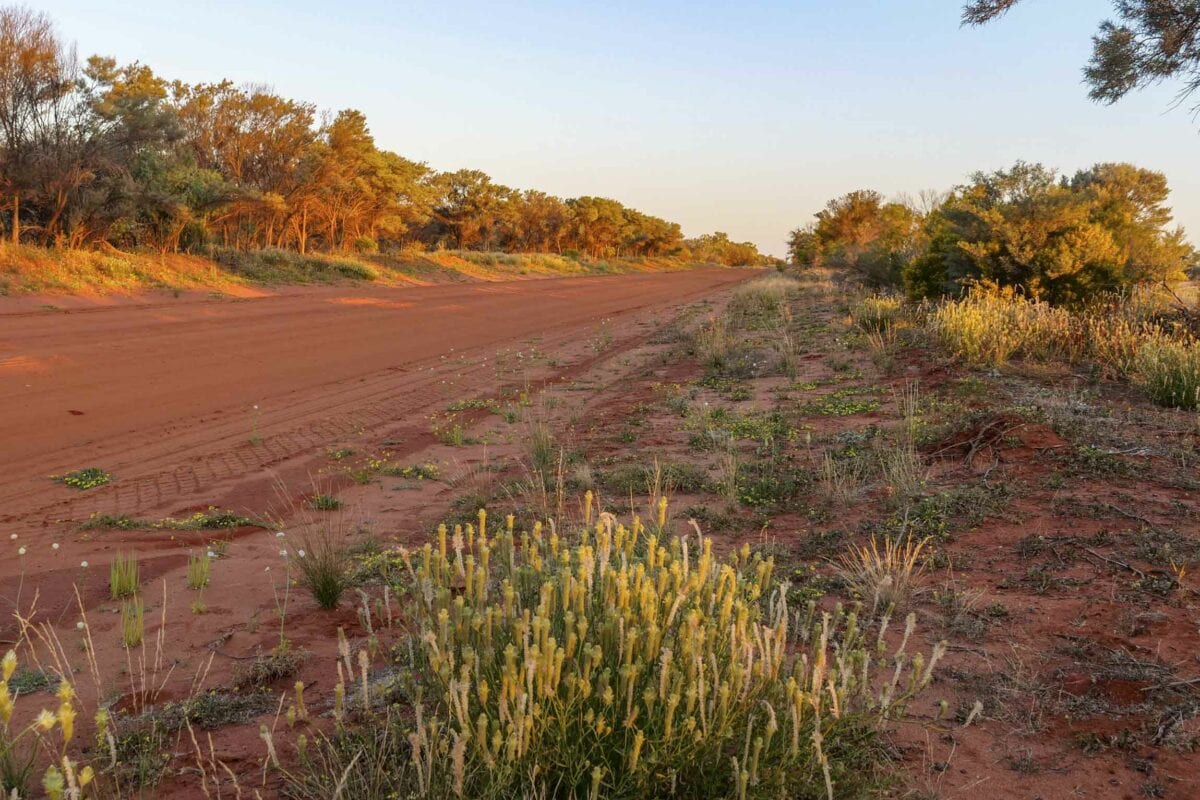The Carbon Market Institute (CMI) has welcomed a groundbreaking study that goes beyond the economic drivers and outputs of carbon projects to identify and quantify the broader impacts on communities at a societal, economic and environmental level.
Coordinating six council areas in a South-west Queensland (SWQ) region where community perspectives on carbon farming have been historically mixed, the study shows growing support for carbon farming as an emerging industry. However, there remains strong views on the community impact of projects to-date, informed by whether respondents were directly involved in a carbon project or not. Governments at all levels should support ongoing dialogue and the development of further social, economic and environmental data to inform it.
The report focused on the SWQ region as it has one of the highest uptakes of registered vegetation projects (17%) compared with other parts of Australia and revealed one in three properties in the region derive a source of additional income from carbon farming. The region has experienced rapid uptake of carbon farming in small communities and the study sought to untangle the extent to which carbon farming was influencing social, economic and environmental changes in the region.
Contrary to some community perceptions, research results showed that carbon farmers observed relatively fewer pests and weeds, greater increases in biodiversity and increased bush fire management on their properties in the past 10 years, alongside higher vegetation on farm, farm profitability and soil health compared to non- carbon farming respondents. Having some level of knowledge about carbon farming was revealed as a determining factor in landholder uptake and participation and interestingly, only five people (just over 7% of the sample) were opposed or strongly opposed to the practice of carbon farming.
Importantly, a high level of optimism about individual financial prospects and economic outlook for the region was expressed by both carbon and non-carbon farmers. Carbon farming appears to be a contributing factor to this optimism with 100% of participating farmers displaying optimism compared to 81% of non-carbon farmers.
Nevertheless, the report revealed local communities have ongoing concerns including with absentee landholders and perceived related risks regarding management of pests, weeds and fire. The study was unable to find any correlation between the decline in population in farming communities and carbon farming practices nor determine the prevalence of properties with no active management because of carbon farming in the region.
CMI CEO John Connor welcomed the more detailed analysis and said that while the results reflect a more balanced landholder view of carbon farming than those represented in public debate, there is also significant work to be done to address remaining issues and perceptions.
“A gap to-date in the industry has been the ability to more accurately quantify positive and other impacts of carbon projects on communities, and this report provides a systems-based approach to properly assessing their validity.”
“Overall, results revealed that the rapid expansion of carbon farming in the region in the early days of the ACCU scheme has left a legacy social license impact not necessarily reflective of current practices or realities. It provides important insight into challenges around appropriate use of land in the regions and managing the impacts of subsequent land use changes.”
“Pleasingly, the quantitative data shows that the economic benefits have outweighed any disbenefits to-date and farmers reported a broad range of improvements over the past decade, however there is clearly more work required to quantify these benefits on a larger scale.”
“While it also highlights strong participation levels and a growing appetite to engage with projects, there is clearly a need for better knowledge sharing to ensure landholders have all the information they need to make informed views and decisions.”
The report was jointly funded by the SWQ Region of Councils, the Queensland and Commonwealth Government, and CMI participated in a steering committee including local mayors which fostered constructive dialogue.
CMI calls on governments to continue to help build this dialogue with commitments to provide clearer data through agencies such as the Australian Bureau of Statistics and Environment Information Australia.
The full report is available here.


